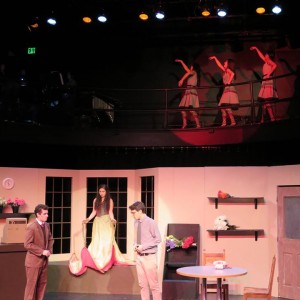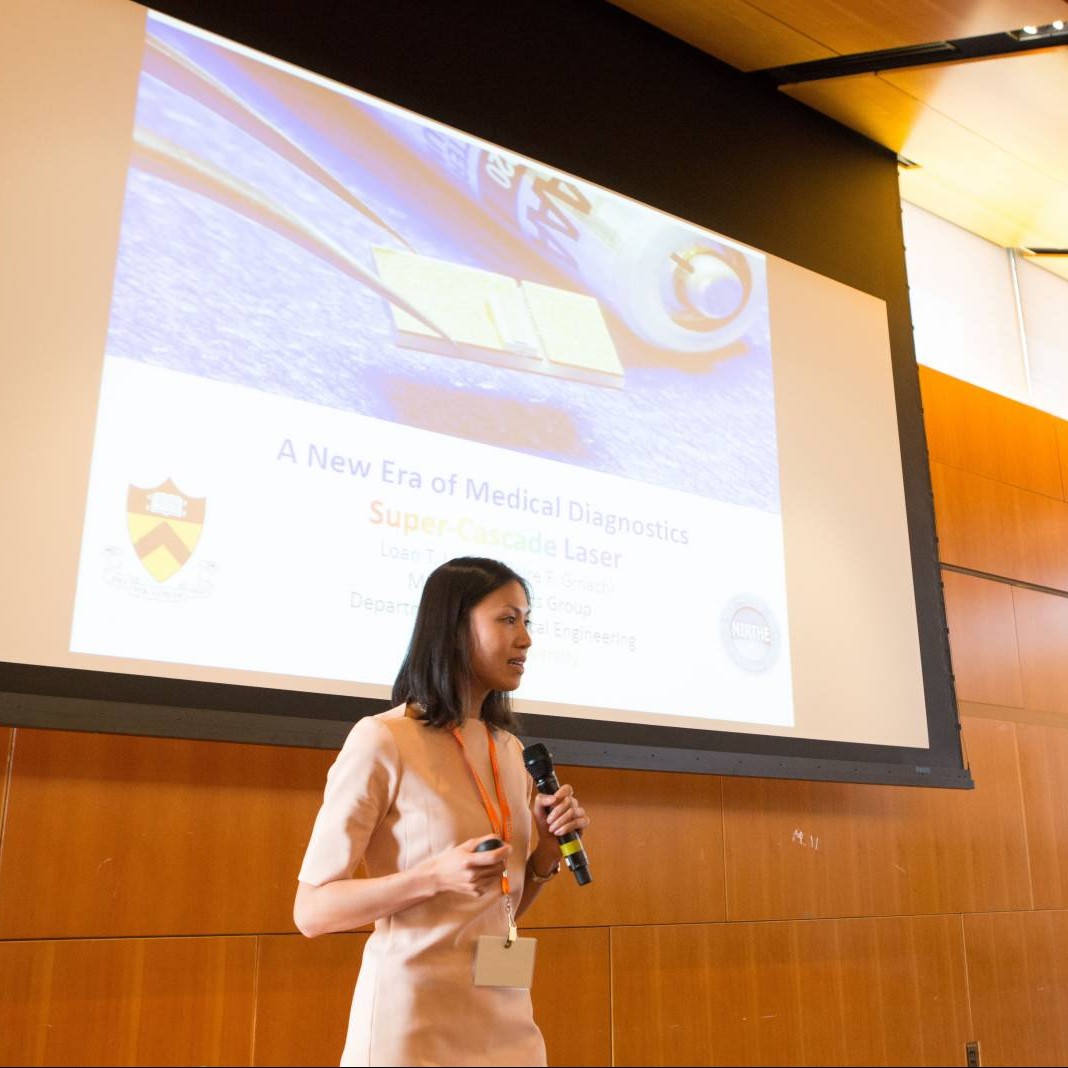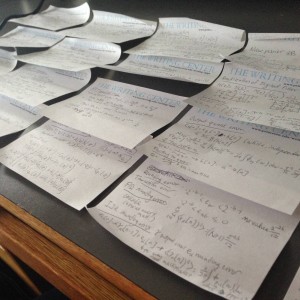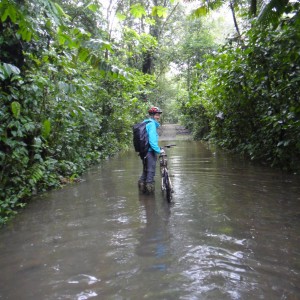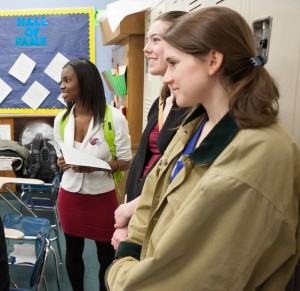For Princeton sophomores, the start of second semester can seem like a last-minute mad dash to fulfill prerequisites, choose concentrations and solidify academic paths. Especially for sophomores who have not yet decided on a major, this period can be considerably stressful and overwhelming. While I am not quite in this boat—I have already decided to concentrate in the Woodrow Wilson School—I am facing a similar struggle as I try to settle on a specific track. (For those of you unfamiliar with the track system, Wilson School majors are required to choose a specific field of study under the overarching subject of public and international affairs.)
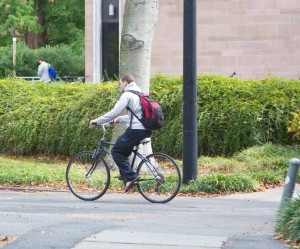
With the concentration decision deadline rapidly approaching, I’ve decided to treat shopping period as the ultimate academic research experience. Choosing your major really is a lot like tackling a research project. Potential research questions include what are your academic passions? In which areas do you excel? In what ways do you want to be challenged? With whom do you wish to work?
Continue reading Shopping Courses in Sophomore Spring: A Research Project for your Concentration


